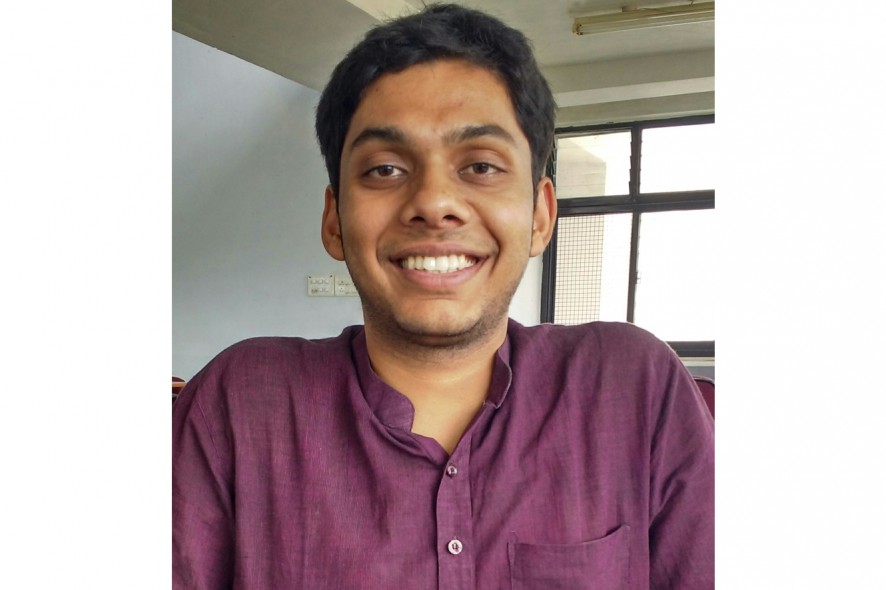After the National Judicial Appointments Commission (NJAC) Act was struck down by the Supreme Court of India (SC), the collegium automatically returned as a replacement.[1] The appointment of Chief Justices and Judges both of the High Court and Supreme Court will be done according to the collegium system from now onwards.[2] The primacy of the Judiciary over the Executive in matters of appointment of Judges to the Higher Judiciary was upheld in this landmark Judgment. The other significant development was the building of a consensus regarding the many flaws in the collegium system.
“I agree with Chelameswar, J. that the present collegium system lacks transparency, accountability and objectivity. The trust deficit has affected the credibility of the collegium system, as sometimes observed by the civic society. Quite often, very serious allegations and many a time not unfounded too, have been raised that its approach has been highly subjective. Deserving persons have been ignored wholly for subjective reasons, social and other national realities were overlooked, certain appointments were purposely delayed so as either to benefit vested choices or to deny such benefits to the less patronised, selection of patronised or favoured persons were made in blatant violation of the guidelines resulting in unmerited, if not, bad appointments.”[3] (Emphasis supplied)
Justice Kurian Joseph in Supreme Court Advocates-on-Record Assn case (2015)
The flaws in the collegium were always present, recognized or unrecognized. The problem mainly lies with the opaqueness of this system. The functioning is opaque to the extent that other Judges of the same Court do not have access to any files used during the collegium proceedings. The Proceedings of the collegium basically comprise of the exchanges and correspondences between the Constitutional Authorities, which have been given the power to appoint Judges of the Higher Judiciary.[4] The subjectivity involved in the process of appointment of Judges comes as another major criticism of the same. The belief in the fact that the opinions held by the Honourable Judges and other Constitutional Authorities for the appointees are bona fine and reasonable is the only way out of this “problem” of subjectivity. If what is expected from these authorities is also practiced in actuality, why not get the files and all related papers in the public domain after a certain process is complete. At a point of time, even the Supreme Court, in S.P. Gupta v. Union of India, had expressed the same.[5] To fix some of the imperfections of the collegium, the Constitutional Bench of the Supreme Court invited suggestions from all over the country regarding four aspects of the collegium viz. transparency, a secretariat, eligibility criteria for Judges and a complaint mechanism.[6]
Among the various suggestions, one of the prominent suggestions was to bring the collegium proceedings in public domain by getting it under the Right to Information Act, 2005 (RTI Act). This suggestion squarely falls in the ambit of making the collegium, an otherwise exclusive process, transparent. The same was suggested by a 2 member-committee formed by ASG Pinky Anand and Senior Advocate Arvind P. Datar in a report submitted to the Constitutional Bench on behalf of the Government.[7] One of the other suggestions that came as part of the activity of making the collegium more transparent was that the collegium proceedings should be video recorded, archived and broadcasted as is done in some other countries like the United States.[8]
*Kushal Garg, IInd Year Student, B.A. LL.B. (HONS.), NALSAR University of Law, Hyderabad. He can contacted at gargkushal94@gmail. com. He owes credits for the idea of the Article to Mr. Rishabh Sancheti, Advocate, Supreme Court of India.
[1] Supreme Court Advocates-on-Record Assn. v. Union of India, 2015 SCC OnLine SC 964 .
[2] <http://blog.scconline.com/post/2015/12/24/judicial-appointments-at-various-courts/>.
[3] Supreme Court Advocates-on-Record Assn. v. Union of India, 2015 SCC OnLine SC 964.
[4] The Constitutional Authorities empowered to act in the process of appointment of the Judges are the CJI with the four seniormost Judges of the Supreme Court in case of the Supreme Court.
[5] Para 84, 1981 Supp SCC 87.
[6] Supreme Court Advocates-on-Record Assn. v. Union of India, 2015 SCC OnLine SC 964.
[7] Supreme Court Advocates-on-Record Assn. v. Union of India, 2015 SCC OnLine SC 1143.
[8] <http://thewire.in/2015/11/05/one-way-to-fix-the-collegium-is-to-televise-its-proceedings-14863/>.








Dear Kushal,
I have had the opportunity of going through your well-researched and well-written article on the opaqueness of higher judicial appointments. Just as a piece of suggestion, I wish you could incorporate your opinion and insight into certain internal factors that are hampering the independence of judiciary like psychofancy, red-tapism that has crept in it etc. If you consider these suggestions as an important addition, please do it so that your paper may have a complete picture of how internal factors like I mentioned and external factors like interference of executive etc. are fettering the judicial independence.
Best!!!
Thank you Puneet for taking out time to give your insight on the article. Your suggestion hits the essence of the article to the extent where it tries to answer the question: “Why is the opaqueness of the collegium system actually a problem?” My article, in the attempt to focus more on the possibilities of a solution, might have missed out on elaborating the problem. I promise to incorporate your suggestions if I write on the same theme again.
Thank you again for you valuable comments.